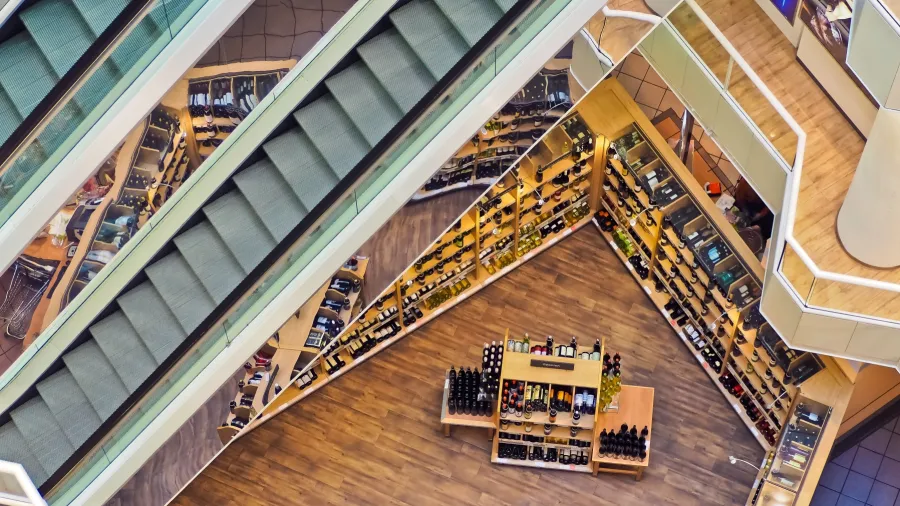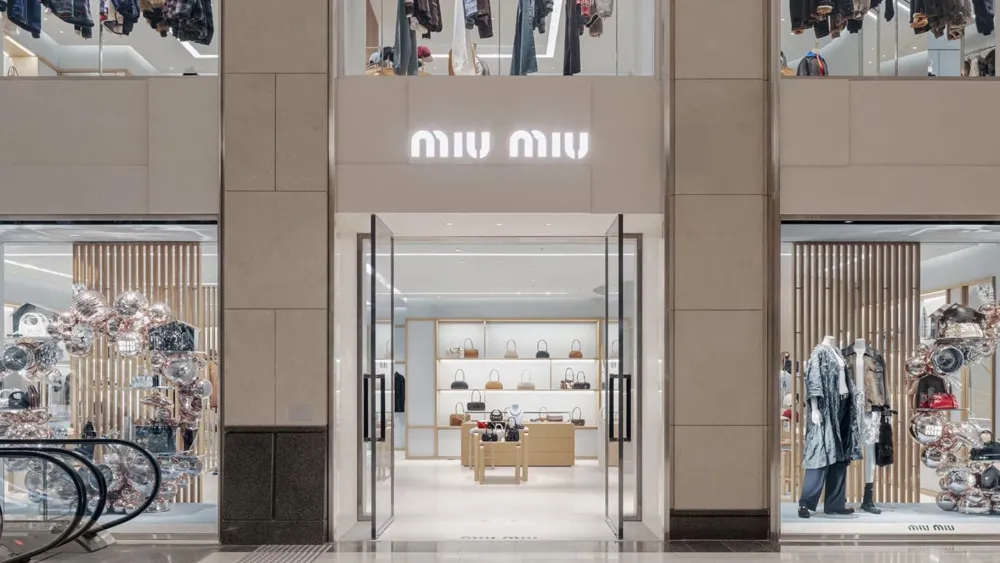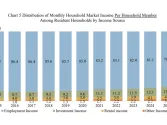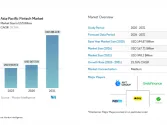
Shenzhen’s retail market supported by government initiatives: report
The outbreak is still slowing down the city’s retail recovery.
Although the pandemic continues to slow Shenzhen’s retail market recovery, the Chinese city’s government’s efforts on epidemic control and prevention coupled with financial support are expected to stimulate consumption and improve retailers’ sentiment, Savills said in a report.
The report noted that Shenzhen remains an ideal venue for plenty of retail development opportunities, underpinned by vibrant economic industries, a growing population, strong spending aspirations and more importantly a growing taste for fashion among many residents.
On the other hand, the retail market still faces unprecedented impact from COVID-19 outbreaks albeit tamed down by the local government’s continued control and prevention measures.
READ MORE: Shanghai’s mall rents to remain under pressure in short term: report
The government has also extended financial support through the issuance of consumption vouchers, which is expected to stimulate residents’ spending and in turn improve retailers’ sentiment and market confidence.
“With all of these considered, more retail brands could tap into Shenzhen’s market for establishing their first stores,” Savills said.
The report noted that despite the minor covid lockdowns in some neighbourhoods since February, Shenzhen’s local economy has been affected, with the consumption and retail property leasing markets inevitably experiencing the drawback. This led to a 2.8% YoY decline in retail sales at $40.41b (RMB277.7b) as of April, according to the Shenzhen Statistics Bureau.
The local government made some efforts in boosting consumption, especially by means of issuing consumption coupons, which supported the growth of retail sales by 13.0% YoY as of June 2022, revealing restrained spending from local residents, Savills said.
With no new supply known to have launched, the total retail stock stayed at 6.1 million sqm by the end of Q2.
“The overall leasing activity turned sluggish during Q2/2022, compared to the last quarter, apparently as a result of the covid outbreak in the city as well as in other cities having close ties with Shenzhen, causing many retailers to pause their leasing activities,” Savills said.
On a positive note, some retailers followed through on their store expansions, opening a second or multiple stores, the report added.
However, these expansions have been offset by more retailer brands terminating their leases and closing down their stores in Q2 as in the cases of GAP, Mind Bridge, Basic House, Hannashan, and Heiniuheizhu BBQ.
Hence, the retail market witnessed its first negative net take-up since Q2 by the end of the first half of the year, whilst vacancy rate edged up 0.1 ppts QoQ to 7.4%, the first increase in the last four quarters, Savills said.



















 Advertise
Advertise







